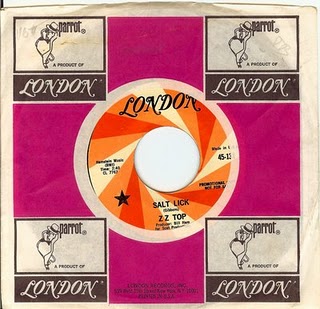How much salt is too much?


It was easy for Rupert Murdoch's New York Post to get some great cooks to point their fingers back at the Mayor and say, in effect, don't tell me how to cook.
(ZZTop's first single, in 1969, was called Salt Lick. If you don't turn your stereo to 11, you can't overdose on it. Hat tip to Derek's Daily.)
He wasn't.
This edict was not aimed at New York's great restaurants. It was aimed at all the fast food joints out there which find salt a cheap-and-dirty way to hide mistakes of all kinds.
Salt is a necessary nutrient, and has been an important way to preserve food through the ages. Bread without salt tastes like sawdust.
Every cook worth his salt -- the word salary is derived from the Latin for salt -- knows how to use it. Salt makes food taste like itself. But a good cook also knows when they have used too much salt. When food tastes salty that's too much salt.
The problem here is not with the cooks, but with the eaters. We crave salt. We can identify the taste of salt like that of sugar. But you can overdo anything, even something as important as salt.
Japanese cuisine is high in salt, because Japan is surrounded by seafood and its people have used salt as a preservative for centuries. Lots of Japanese people die of strokes, and control of salt is seen as one way to reduce this.
Fast food franchises and packaged snack makers have trained us to seek food that tastes salty, not just food that has salt in it. French fries should not taste like salt, they should taste like fries. Same with potato chips and pretzels. But they do taste like salt, and we look for that taste elsewhere as a result.
In many people, like me, this leads to hypertension. Not to mention heart attacks and stroke. You should be getting no more than a teaspoon full of salt each day. Most of us get nearly 2.
Rather than interviewing insulted chefs, The New York Times called members of the Fortunate 500, and got a different view. Even companies that don't like Bloomberg's demand, like Campbell Soup, have been cutting back on the salt in their products. They have employees, too, whom they want to keep alive.
Just remember the Clue. You want enough salt on your food so your food tastes like itself, but not so much that it tastes salty.
Make your own french fries.